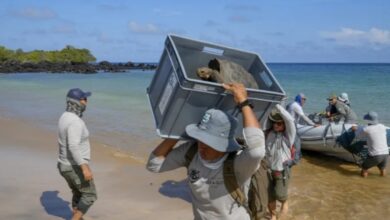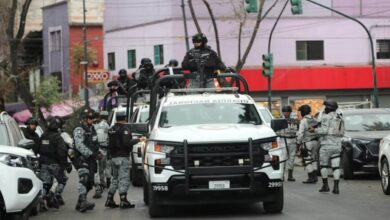Will Cuba revolutionize its constitution?
Raúl Castro will lead the commission in charge of drafting a new Magna Carta, although the political regime will remain and the economic opening will be the great challenge

Cuba began the process of reforming its constitution that dates back to 1976, to adjust it to the economic, technological, and social changes that have occurred in recent decades, not only in the country but globally. Although the reform already has fixed that will not make modifications to the current political system imposed by the Castro since the revolution, six decades ago, it is clear that fundamental changes are needed. Raúl Castro will preside over the group in charge of modifying the constitution.
Leer en español: ¿Cuba revolucionará su constitución?
Raúl Castro, who just turned 87 and still serves as the first secretary of the Communist Party of Cuba – the only legal political formation on the island – will lead the group of 33 representatives of different social sectors responsible for drafting the new version of the Constitution. This was announced by the Cuban president, Miguel Diaz-Canel, in an extraordinary session of the National Assembly last Saturday, June 2.
In his speech, Diaz-Canel referred to the new constitution as the instrument that will help Cuba to become more involved in the economic opening, following the case of communist countries such as China and Vietnam. These nations have made a transition adjusting themselves to the cultural, social and technological changes of the 21st century.
A change that remains "revolutionary"
With Raúl Castro, the island has experienced different changes that brought it closer to the world from which it was distant. Now, the constitutional reform seeks to incorporate these imposed changes in a definitive way. The final idea of this reform, as Diaz-Canel mentioned in his speech, is "to stipulate the parameters to make the economy sustainable and the socialist model on the island after years of crisis, adjustments and narrowness among citizens."
You may be interested:The Latin American countries reject the sale and possession of weapons for civilians
Diaz-Canel reiterated, how he did in his possession as president on April 19, that regardless of the result of the constituent process on the island, "Raúl Castro will continue to lead the decisions of greater importance for the present and the future of the nation", making it clear that the change of constitution does not involve a change in the decision-making of the political system.
Among the changes that are most expected with the reform are: give constitutional protection to the incipient non-state sector -the so-called cuentapropistas (small business operators in sectors established by the Government) -, as well as legitimize private property and give more rights to the LGBT community. This last point has the support of Mariela Castro, daughter of Raúl, who is the director of the National Center for Sexual Education. The director took the opportunity to say that, on the island, a campaign is being promoted to recognize same-sex marriage.
Why the need for a new constitution?
Raúl Castro undoubtedly managed to bring Cuba closer to the rest of the planet and recognizes the need for greater productive efficiency. The country grew approximately 2.8% during 2016, and in 2017 about 3.1% having tourism as the main vector. However, Castro says that it is still insufficient for what the island could generate. Castro has been critical in recent years of the amount of products imported, and understands the need to release the land to private hands, as China and Vietnam have done, where surplus value has taken on the importance of being the growth factor.
The real challenge facing this group led by Raúl Castro, is not to enact a modern constitution, but to match its political model with the needs of the island and an economic opening that undeniably change the landscape for leaders and citizens. With Raúl Castro, new ideas have been welcomed, but the political system is out of negotiation. That is possibly the sharpest contradiction in search of openness: the more the economy opens, the harder the regime becomes. Possibly, from these transformations many ideas will circulate, but it is difficult to expect that a large part of them will do it through the arteries that the regime has. With the arrival of businesses and tourists, Cubans will have a new vision of how the world is for six decades after the revolution.
Latin American Post | Carlos Eduardo Gómez Avella
Translated from “ Cuba revolucionará su constitución?”





